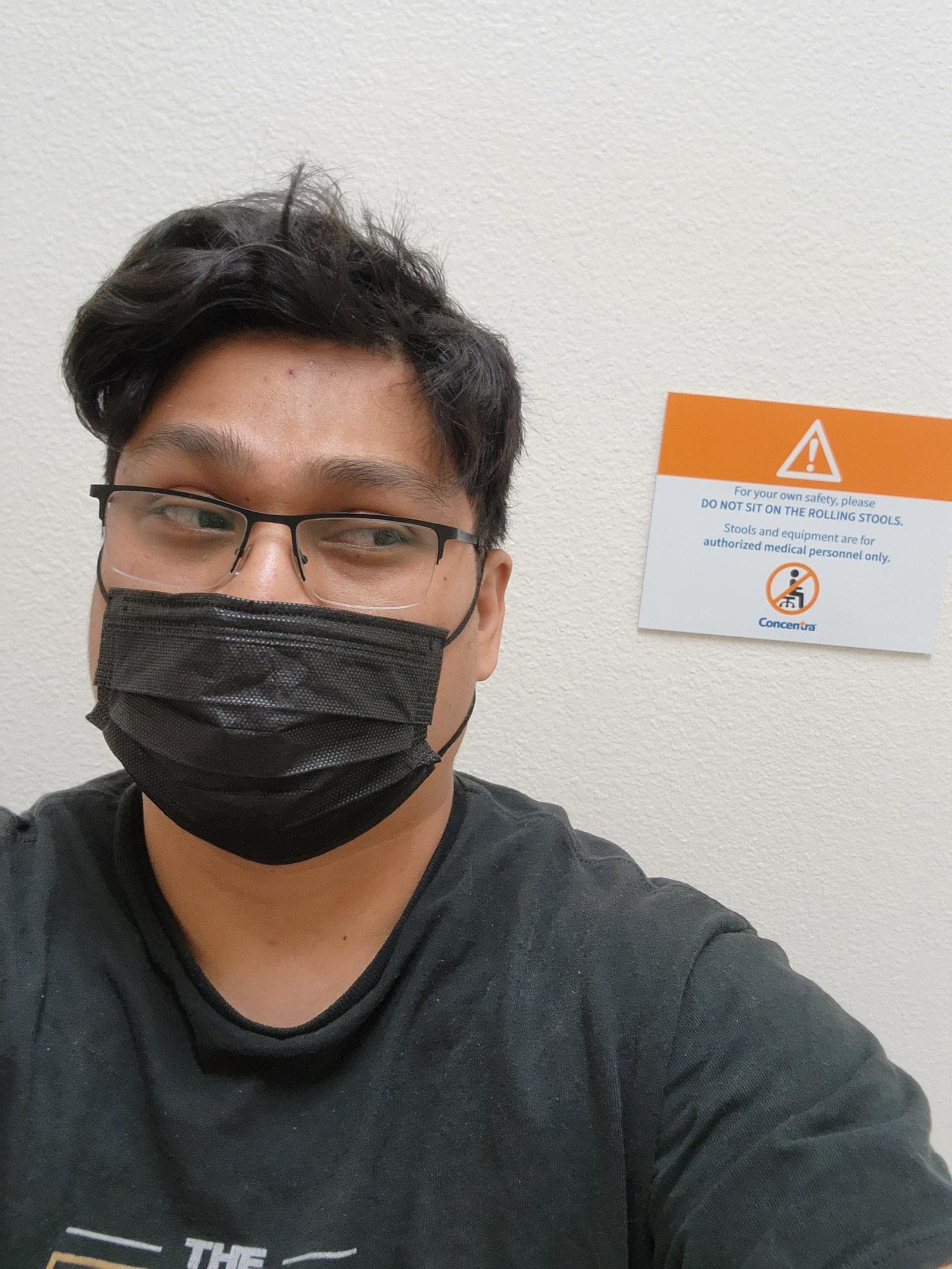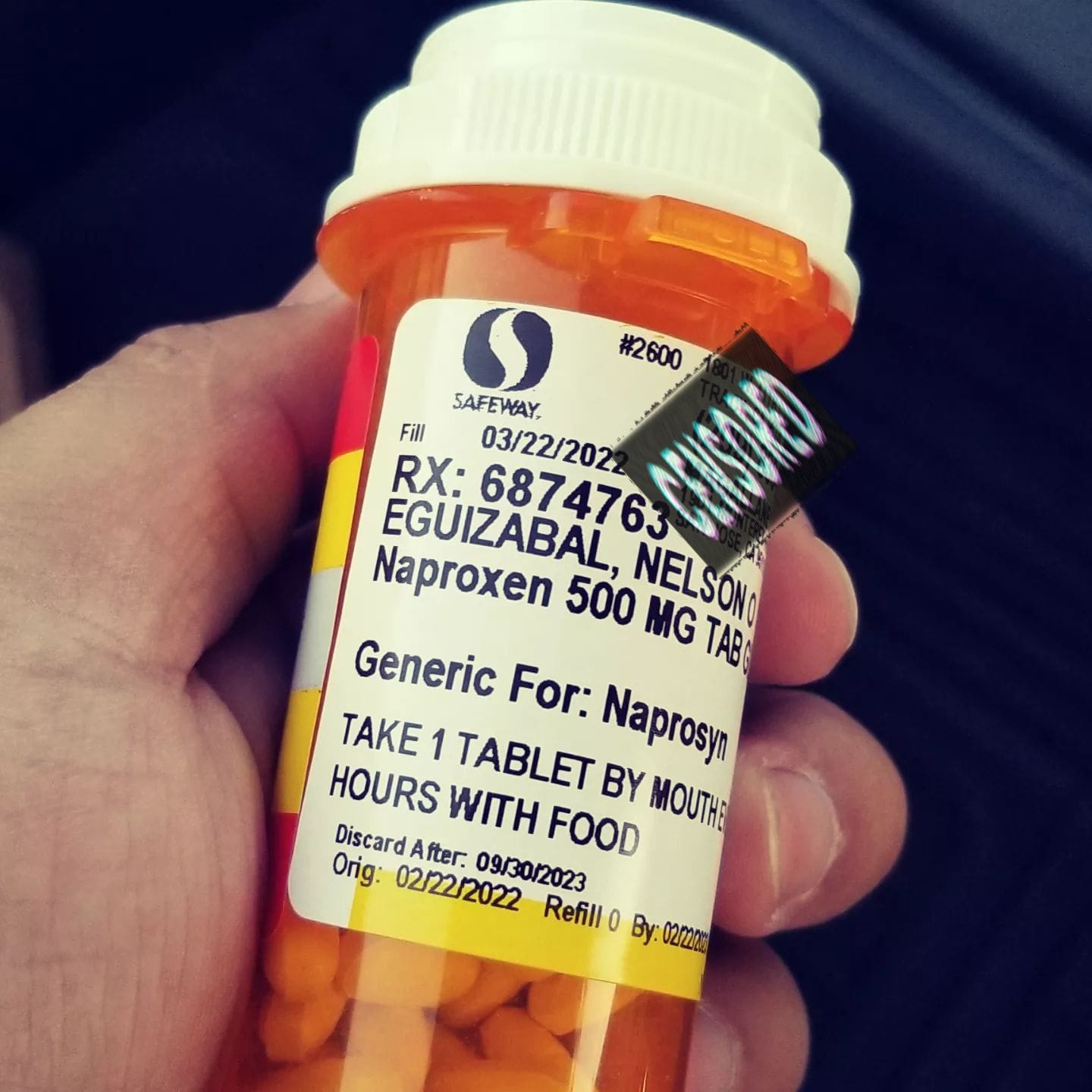Common Myths About Chronic Pain
Here are six common myths about chronic pain I often come across.

Millions of people suffer from chronic pain every year. Despite this, basic knowledge about chronic pain is not as widespread as it should be. Numerous myths about chronic pain proliferate. Sometimes, even chronic pain sufferers believe in these false ideas. But everyone should know that the following six big myths about chronic pain are inaccurate.
Chronic pain is overblown.
The idea that chronic pain sufferers make mountains out of molehills, or even that the pain is all in their heads, is a very destructive myth. While a small number of hypochondriacs do exist, genuine chronic pain patients are much more common. Many conditions can cause chronic pain, and living with chronic pain is always a significant challenge.

It's best to tough it out.
It would be nice if the principle of mind over matter worked in the real world. Chronic pain, however, cannot be overcome with mere willpower. Ignoring pain is never wise. Consulting with a medical professional is a must. Luckily, various treatments for chronic pain are available, from physical therapy (PT) to meditation. Painkillers are particularly valuable in dealing with chronic pain.
Painkillers completely solve the problem.
On the other hand, as valuable as painkillers can be, they do not entirely numb pain. Generally, chronic pain sufferers use pain medicine to reduce their symptoms to a tolerable level, allowing them to go about their everyday lives. Painkillers often have unpleasant side effects and may be addictive, so their use should generally be limited.

Chronic pain is a natural part of aging.
Minor aches, pains, and injuries may become more likely as the body ages. However, chronic pain is never inevitable and is not a natural result of normal aging. Severe injuries and health conditions cause chronic pain. This fact causes hope. While the effects of aging are inescapable and can only be slowed down, chronic pain can often be entirely reversed.
Exercise makes chronic pain worse.
While consulting with a medical professional about specific workouts is always wise, as a general rule, exercise will mitigate chronic pain symptoms rather than exacerbate them. The body is made to be moved. Training is crucial to improving health. For many kinds of chronic pain, exercise is indispensable to recovery and management. Working out builds strength and is particularly helpful for joint pain. In my case, physical training was not practical for my particular injury. However, it is still important as I can work out other areas of my body.
Regular exercise leads to higher circulating levels of dopamine and more available dopamine receptors, which can relieve depression and expand one's capacity for joy. Always follow your doctor's advice and exercise recommendations.
Chronic pain makes it impossible to function.
Millions of chronic pain patients live meaningful, fulfilling lives despite their condition. While chronic pain is never a good thing, it doesn't mean someone is incapable of having a great career, caring for loved ones, or otherwise living a rich life. Chronic pain does not necessitate that an individual is bedridden or isolated.

Chronic pain myths are pernicious.
By clouding the understanding of what chronic pain entails, these myths harm patients and non-sufferers. The average person must have a better experience of chronic pain.
Final thoughts.
I suffer from chronic pain, and I wrote about these six myths because I have experienced them. I had doctors tell me it's all in my head; I had family think I am joking when I tell them my wrist hurts; co-workers think I am "scamming" the system; people tell me pain is a sign I am getting old. It takes a toll on you. It takes a toll on me as it makes me question myself. Do I go back to work even if I am in pain? If I return to work, will I be able to perform as a worker?

Subscriber Discussion comments above are from subscribers to our blog.
Forum Discussion
The Forum Discussion comments above come from the official discussion topic for this entry.